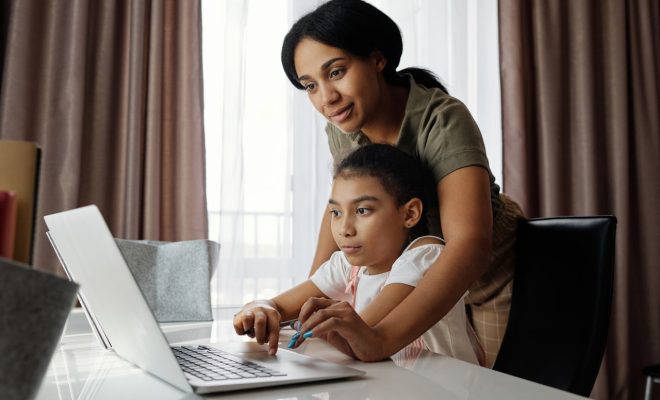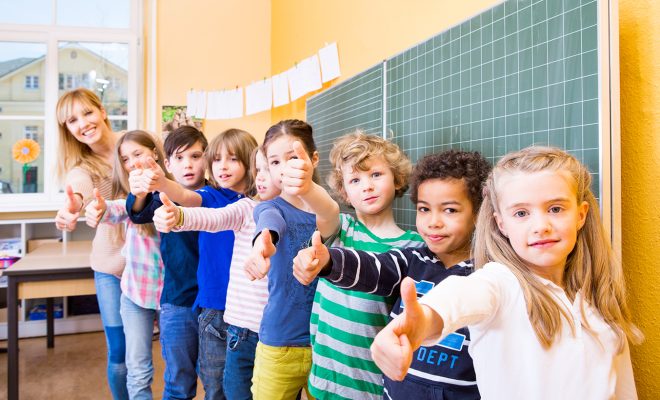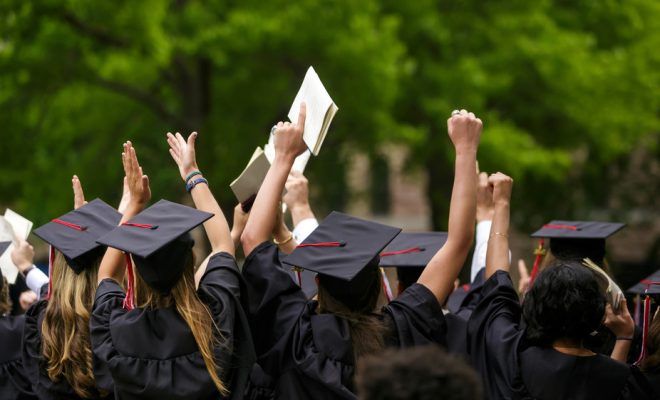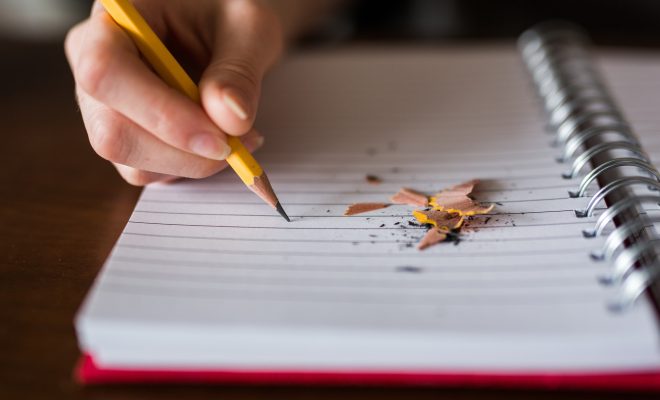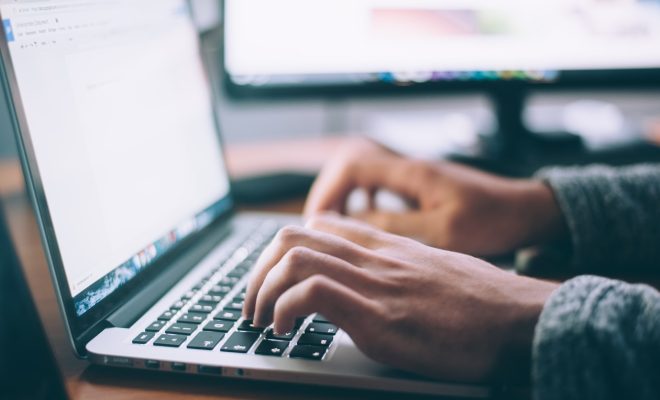Improving Education Policy By Looking Beyond The Experts

Something that everyone can agree on is that there is always something that can be improved when it comes to our educational system. We all want our students to succeed and be the best that they can be. When our students succeed, society thrives.
The question then becomes, what are the best policies for success, and who exactly is qualified to make these policies?
How policy is typically made
Frequently policy is made behind closed doors. This is done by educators and experts. While educators should certainly have insight and input into policy, it is the “experts” that are questionable. The experts are not questionable because of their qualifications. They are often very qualified on a particular subject or topic area. The disconnect tends to happen because the expert may not have real-world experience with their area of expertise.
In today’s ever-connected and global world, it is perhaps time to rethink how policy is made and how issues are considered. Some people feel that it is not practical for policy to be written to help prevent students from dropping out of school by people who have never dropped out themselves. The same can be said for schools in areas that serve people of color primarily- a white person may not be the best expert at writing policy for them.
What is a better approach?
Perhaps a better approach to creating policy would be to include the people and students it’s meant to serve. If schools are interested in pupil retention, then maybe policymakers should talk to those who have dropped out. Asking them questions and talking to them about their experiences and what would have been helpful, can go a long way towards creating a new, more effective policy.
Likewise, for creating policy in certain areas, such as rural farms or areas that serve people of color predominantly, the experts should consider talking to that specific population. It can only be helpful to speak to people and students that live in these areas. After all, these people know better what issues and challenges they face daily than policy maker experts.
Perhaps each school, or at the very least each school district, should consider adding a panel of local experts. These local experts would consist of the people that are most representative of the school. It should be current students, former students, and those in the community.
How to bring it all together
Obviously, there are government standards that must be met in all schools. This is a policy that cannot be changed. However, it is possible for local districts to customize these requirements for their specific populations.
School districts would benefit by arranging to have a community group that works with the experts. Having the policymakers listen to the unique needs of a school can help them see the bigger picture. Then they can work together to come up with a customized policy that meets the social and cultural needs of their students. With this dependable community support, students will have a greater chance at academic success.

